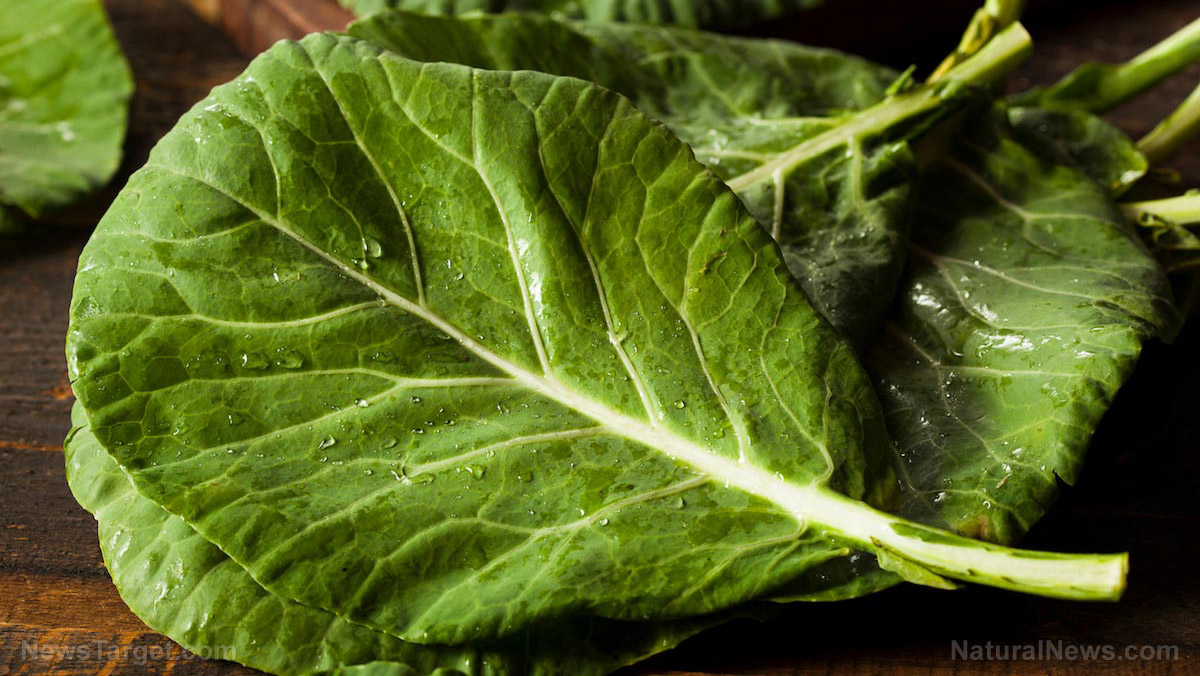Scientists study soy vinegar as an alternative treatment for uric acid buildup
03/06/2019 / By Michelle Simmons

The risk of having high uric acid – a condition known as hyperuricemia – increases with age. As a natural solution, researchers from Sungshin Women’s University and Korea Food Research Institute in South Korea recommend using soy vinegar brewed from fermented soybeans.
In their study, they looked at the potential hypouricemic and antioxidant activities of fermented soy vinegar in hyperuricemic mice. They induced hyperuricemia in mice by administering potassium oxonate. Then, they treated the mice with 100, 200, or 400 milligrams per kilogram (mg/kg) body weight of soy vinegar extract once a day for seven days.
Soy vinegar extracts contain free isoflavones, ubiquinones, gamma-aminobutyric acid, gallic acid, and acetic acid. The researchers found that treatment with soy vinegar extract reduced the level of uric acid in a dose-dependent manner. Soy vinegar extract worked by reducing uric acid production through xanthine oxidase inhibition and increasing uric acid excretion through uricase activity in hyperuricemic mice. In addition, the supplementation with soy vinegar extract improved antioxidant enzyme activities in the liver.
These results, which were published in the Journal of Medicinal Food, suggest that supplementation with soy vinegar extracts can prevent the development of hyperuricemia and reduce oxidative stress in the liver. From these findings, the researchers conclude that fermented soy vinegar may be used as a natural treatment for high uric acid.
Hyperuricemia affects 43.3 million Americans. Uric acid forms when purines break down in the body. Purines are chemicals found in certain foods, such as red meat, organ meat, seafood, and beans. Normally, the body eliminates uric acid through urination. However, when the body makes too much uric acid or can’t excrete enough of it, hyperuricemia occurs. Elevated uric acid levels can lead to crystal formation, typically in and around the joints (causing gout) and in the kidneys (causing kidney stones). The immune system may attack these crystals, which in turn, causes inflammation and pain. Elevated uric acid levels are also linked to health conditions like heart disease, diabetes, and kidney disease.
Other ways to naturally lower uric acid in the body
You can naturally reduce uric acid levels in your body by:
- Avoiding or limiting intake of foods rich in purine: Purine-rich foods include organ meats, pork, turkey, fish and shellfish, scallops, mutton, veal, cauliflower, green peas, dried beans, and mushrooms.
- Avoid alcohol: Alcohol consumption can make you more dehydrated and can trigger high uric acid levels. Some alcoholic beverages like beer also contain high purine levels.
- Cut out sugars: Studies have also shown that sugar may contribute to elevated uric acid levels. Avoid sugary foods and drinks and eat more whole foods and fewer refined packaged foods and drink more water instead.
- Eat more fiber-rich foods: Eating more fiber-rich foods, such as oats, nuts, and barley, will help the body eliminate uric acid and help regulate blood sugar and insulin levels. Health experts recommend eating at least five to 10 grams (g) of soluble fiber a day.
- Increase your vitamin C intake: Research shows that vitamin C can also help eliminate uric acid in the body and reduce inflammation. To increase your vitamin C levels, eat foods such as citrus fruits, strawberries, broccoli, bell peppers, cabbage, tomato juice, and guava.
- Lose those extra pounds: Being overweight or obese also contribute to high uric acid levels. This is because fat cells make more uric acid than muscle cells. It also makes it more difficult for your kidneys to filter out uric acid.
- Practice a healthy lifestyle: Learning to manage your stress, getting enough sleep, and exercising regularly will help fight inflammation, which triggers high uric acid. (Related: Acupuncture found to help normalize uric acid levels, reduce risk of gout and kidney damage.)
Read more news stories and studies on natural treatments for hyperuricemia by going to FoodIsMedicine.com.
Sources include:
Tagged Under: alternative medicine, fermented soy vinegar, fermented soybeans, food as medicine, food science, foodcures, high uric acid, hyperuricemia, natural cures, natural healing, natural health, natural medicine, natural remedies, remedies, soy vinegar, Soybeans, uric acid, Vinegar




















